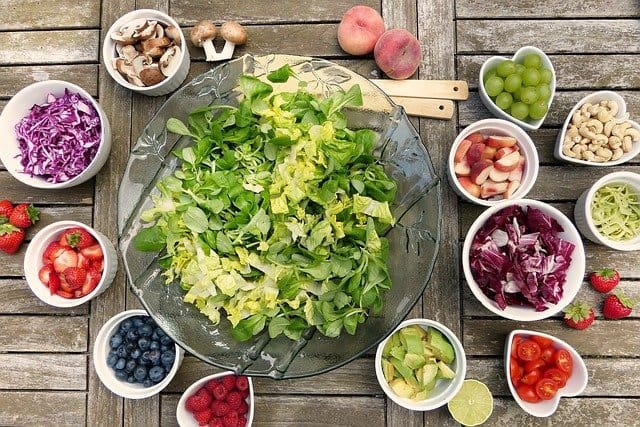Eating healthy on a budget can certainly be extremely challenging. Making the body health depends significantly on a diet. A diet that comprises a lot of vegetables, fruits, and lean proteins is crucial for good health. Healthy eating is fundamental to maintaining blood sugar levels in your target range. However, the cost of healthy foods can quickly sum up. Eating healthy on a budget doesn’t mean you have to forfeit nutrition. You can relish healthy foods without crushing the bank with little know-how and planning.
Here is a list of tips for eating healthy on a budget
By following these tips, you may be amazed at how much you can extend your grocery budget.
Plan Meals and Make a List
Never walk into the grocery store without a plan or list. You might end up tossing a lot of random things into your carriage, desiring for the best. Instead, grab a few moments to schedule your meals and create a chart. By doing so, you guarantee that you only purchase what you require.
Be flexible when you shop
As long as you’re compelling a healthy option, you may as well make a reasonable option, too. If you’re scheduling to make ground chicken chilli and realize ground turkey is on sale, switch up the recipe, and save some money. Similarly, it won’t make a difference if your salads are made with spinach or romaine this week. Suppose you snack on apples or guava. Or if your vegetable side dish is broccoli or green beans. Glimpse for what’s on sale at your selected shop.
Purchase generic brands for Eating healthy
All food manufacturers have to pursue criteria to give safe food. Primarily shops deliver generic brands for almost every commodity. The generic brands may be similar to different nationwide brands, just less costly. It is an excellent way for Eating Healthy on a Budget. But always examine the ingredients list to ensure that you’re not getting a commodity of poorer quality than the national brand. And one that includes any unusual put in ingredients or allergens.
Select whole foods
Shop the edge of the grocery shop first. Grocers incline to spot healthy, whole foods like fresh meats and dairy on the perimeters of the shop. Unfortunately, Unhealthier, refined diets frequently shaft the centre hallways. Cut an entire chicken into portions and freeze parts in packets. Ahead of lettuce will remain fresh for longer, so chop it yourself. Do not go purchasing bagged salad combinations. And shredding or chopping your cheese is more inexpensive than buying processed one, which may include additives.
Store up on bulk commodities
Purchasing staples in quantity can save you cash, but purchase what you can utilize before it expires. Stock bulk grains, cereals, rice, and lentils in airtight containers. Stock up on pantry requirements when they’re on sale, like the frozen vegetables, cooking oil, flour, lentils, nuts and seeds, cheese, and herbs and spices.
Cut out junk foods for Eating healthy.
Chocolate bars, biscuits and chips are prominent for children lunches or just as a cheeky noon snack. However, are they the nicest for you? While they may retain a low rate label, these commodities cost you calories and sugar. So eliminate these refined alternatives from your grocery list. And try to replace them with healthy options like nuts or fresh fruit.
Conclusion:
You don’t have to wipe out the bank to consume well. There are multiple manners for eating healthy on a budget. These include the points mentioned above, like planning your meals, cooking at home, to making reasonable choices at the grocery shop. Furthermore, keep in mind that highly refined foods cost you twofold. Consuming foods significant in sodium or sugar could direct to several health disorders. These come with expenses for care or treatment and may imply you’re not able to function as much as you did formerly.
Even if consuming nutrient heavy foods was extra expensive, though it doesn’t have to be, it would still be worth it in the end. You certainly can’t lay a price on your health. So instead, follow the tips mentioned above for eating healthy on a budget to stay fit.



